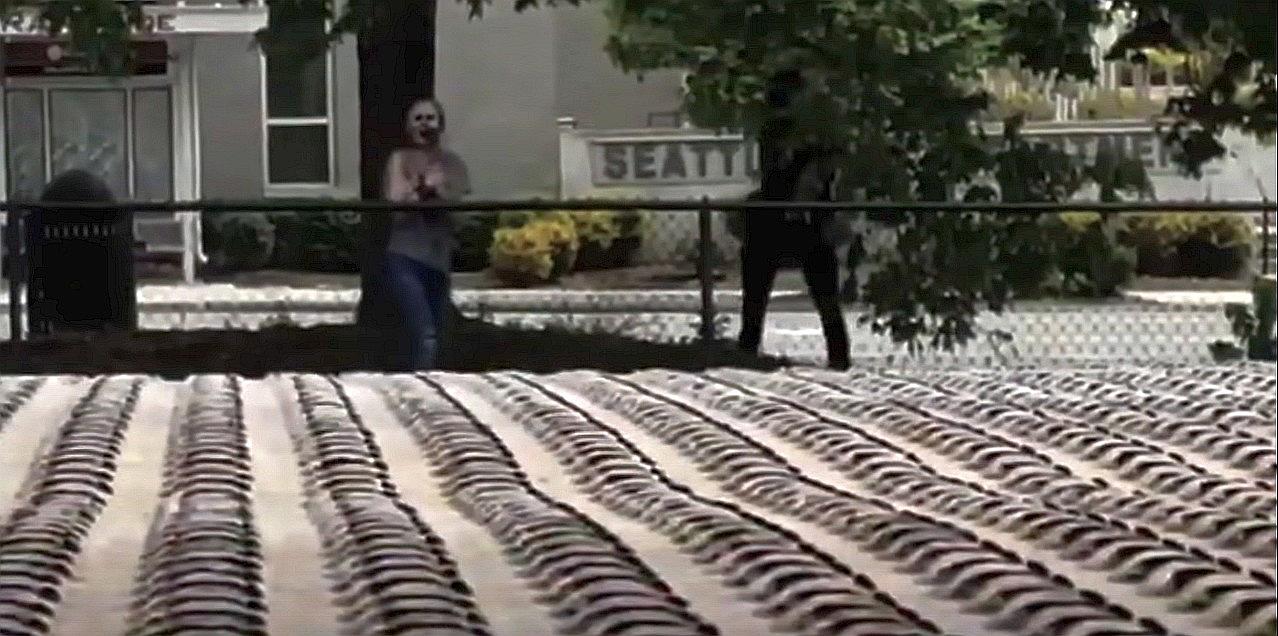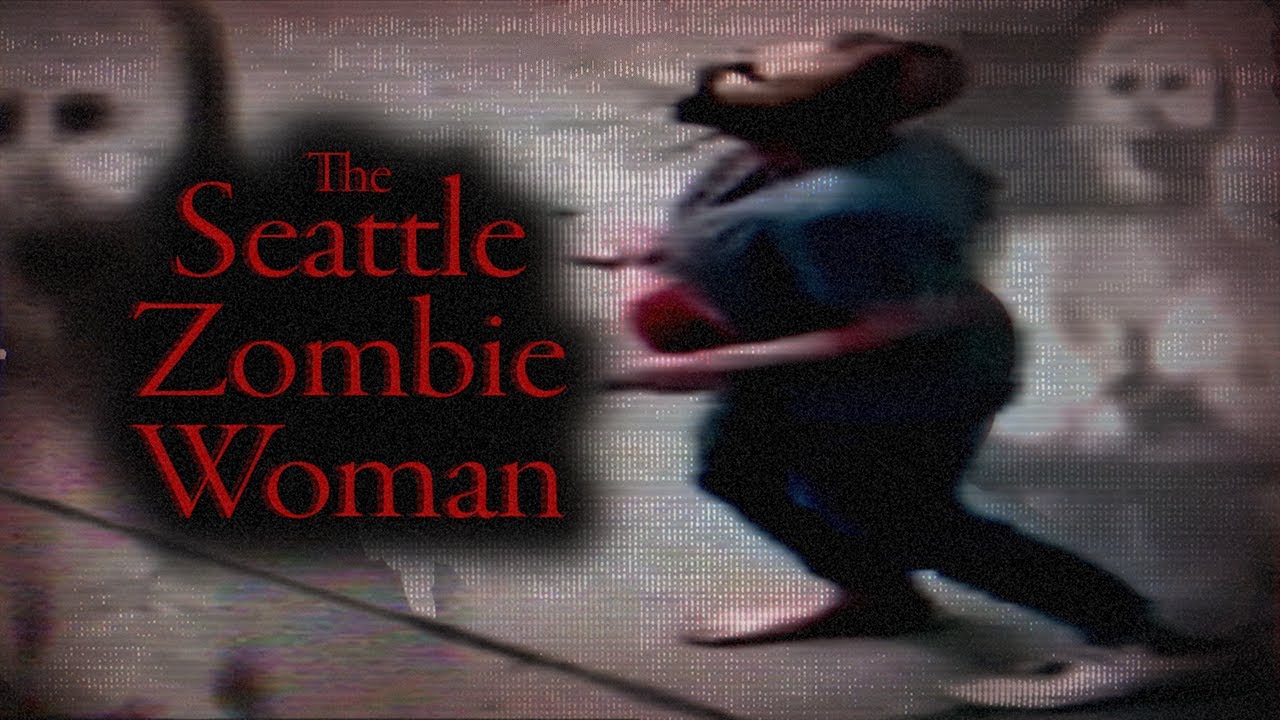In May 2021, a video of a woman roaming the streets of Seattle went viral on TikTok. In the video, a woman can be seen in a miserable state roaming on the streets of Seattle, covered with injuries and shouting and screaming in pain. She looked like what appeared as a “zombie,” and people also started drawing comparisons with the famous television show “The Walking Dead.”
Over a year has passed since the incident, and still, the actual reason behind the incident is yet to be unfolded. The police and the media provided many possible explanations on the matter by drawing links with past cases, associating the behavior of the victim with drug abuse or the possibility of some serious accident.
The true story behind the Seattle Zombie Woman
The video was recorded by a TikTok user named Ishea Brown Couch. In the video, the woman can be seen with black circles around her eyes, bloody injuries in her stomach, and her body covered with what appears to be white powder. Her scalp looks heavily injured, with only a few strands of hair remaining on her head. The woman was limping while walking, indicating her leg was also injured.
As soon as the authorities came to know about the situation, they proceeded to help. As soon as some police officers approached the woman to lend her a hand, she refused their help. After some time, the authorities got hold of the situation and managed to take her to a nearby medical facility. In the video, the woman can be seen shouting that she does not want to go to the hospital.

Onsite Photos
She was also constantly saying not to take her money and to stay away from her baby. The citizens are wondering if the victim might be pregnant. The video garnered millions of views before it was removed from TikTok for displaying explicit content.
The lady who recorded the video, Ishea Brown Couch, confirmed that the woman was safely admitted to a hospital. However, there hasn’t been any official statement from the authorities regarding the victim’s condition, and her status remains unknown.
Ishea also mentioned that “In a city like Seattle, it is not uncommon for people to not have the resources to take care of their mental health, housing, and addiction.” She appealed to the public that has compassion in the midst of curiosity and not to call the woman a “zombie.”
The reason behind the agony of the victim
As of now, the real reason behind the suffering of women is still a mystery for everyone. People are trying to link the incident with past cases and various events indigenous to Seattle. Some people had claimed that the woman in the video might be Marilyn Stanley, who faced similar scalp injuries when she was physically abused by her partner Zachary Gross.
Zachary was sentenced to 20 years of imprisonment for assaulting Marilyn, tampering with physical evidence, and attacking the victim with his pitbull, who viciously attacked Marilyn and gave her serious injuries. It was later revealed in medical reports that Marilyn had lost 80% of her scalp, and she won’t be able to grow hair on her head anymore.

Marilyn Stanley
However, the above incident took place in 2015, so it is not logical to link these two incidents and term them as same. Some people also suggested that the scene can be a part of an upcoming thriller movie KIMI, which is set in Seattle. People have noticed that the number plates on the cars used in the film are Washington plates, and the shooting location of the film is set in Seattle.
One user posted on Twitter, “While I claim to know nothing, I unintentionally viewed the movie because it was in my FYP, and I found it to be quite upsetting. Be cautious if you become easily upset by these things”. Other individuals have claimed that she might have been involved in some sort of accident, resulting in a mental collapse. This might also be a case of a serious drug overdose.
























